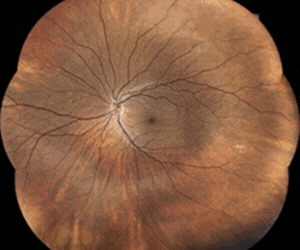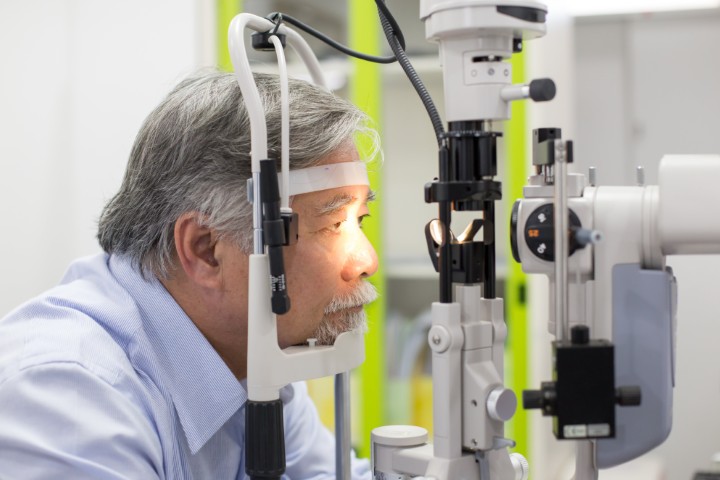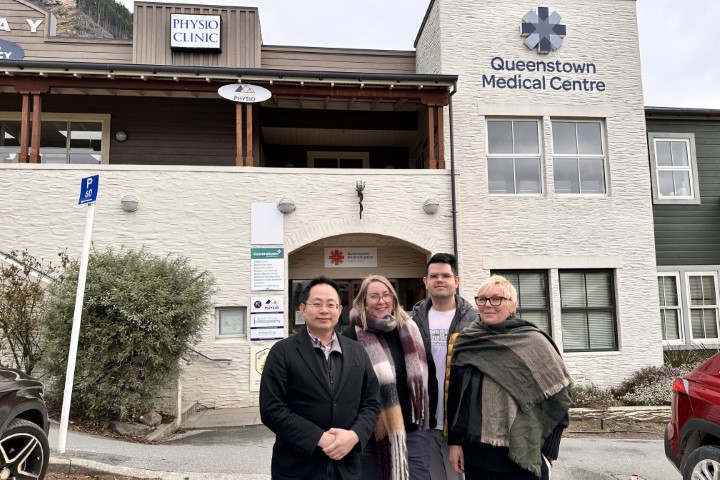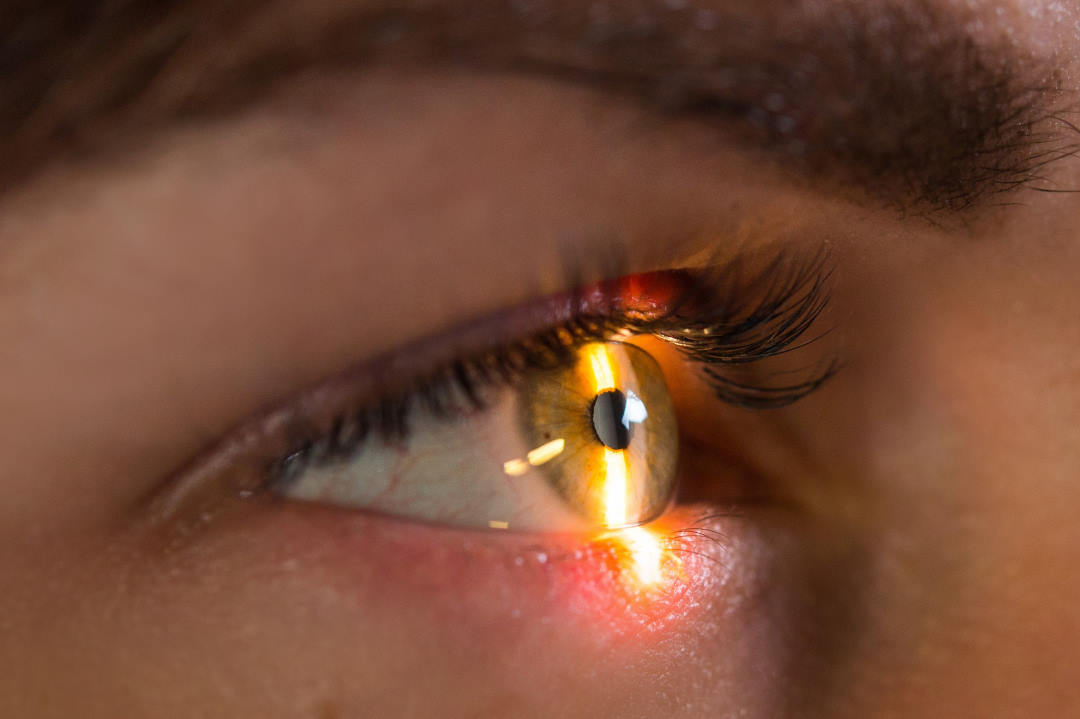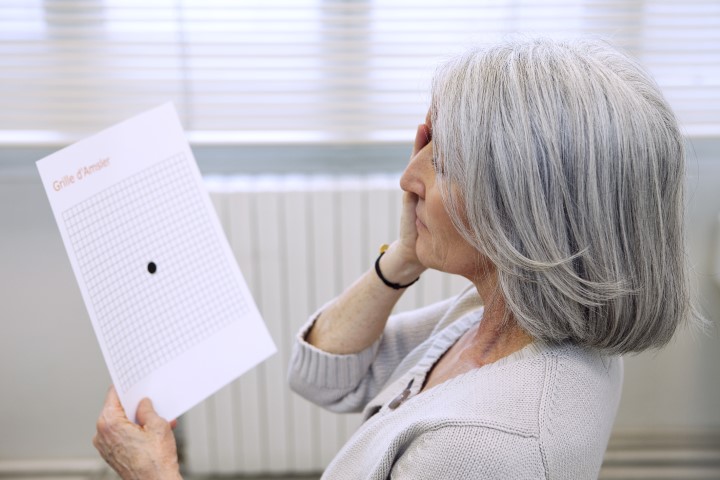Gene therapy hope for dry AMD
A new gene therapy targeting malfunctioning mitochondria has shown “robust benefit” in disease models as the first potential treatment for dry age-related macular degeneration (AMD).
Many diseases of ageing have been found to have mitochondrial function defects, including AMD, so researchers at Ireland’s Trinity School of Genetics and Microbiology developed ophNdi1, an adeno-associated viral vector containing an optimised version of the NDI1 gene, to directly target mitochondria in malfunctioning cells in the macula. Healthy copies of NDI1 have previously been shown to provide benefit in models of Parkinson's disease, Leber hereditary optic neuropathy and multiple sclerosis and to reduce reactive oxygen species and oxidative stress in disease models.
Study author Dr Sophia Millington-Ward said retinal cells require particularly high levels of energy, which makes them particularly vulnerable to mitochondrial dysfunction. The new gene therapy enables mitochondria to generate extra energy and continue to support vision, she said.
“Critically, this study provides the first evidence in models that directly modulating bioenergetics in eye cells can provide benefit and improve visual function in dry AMD,” said co-author Professor Jane Farrar. The therapy has shown benefit in multiple models of dry AMD, offering hope it could one day progress to a treatment that could help millions across the globe, she said.






